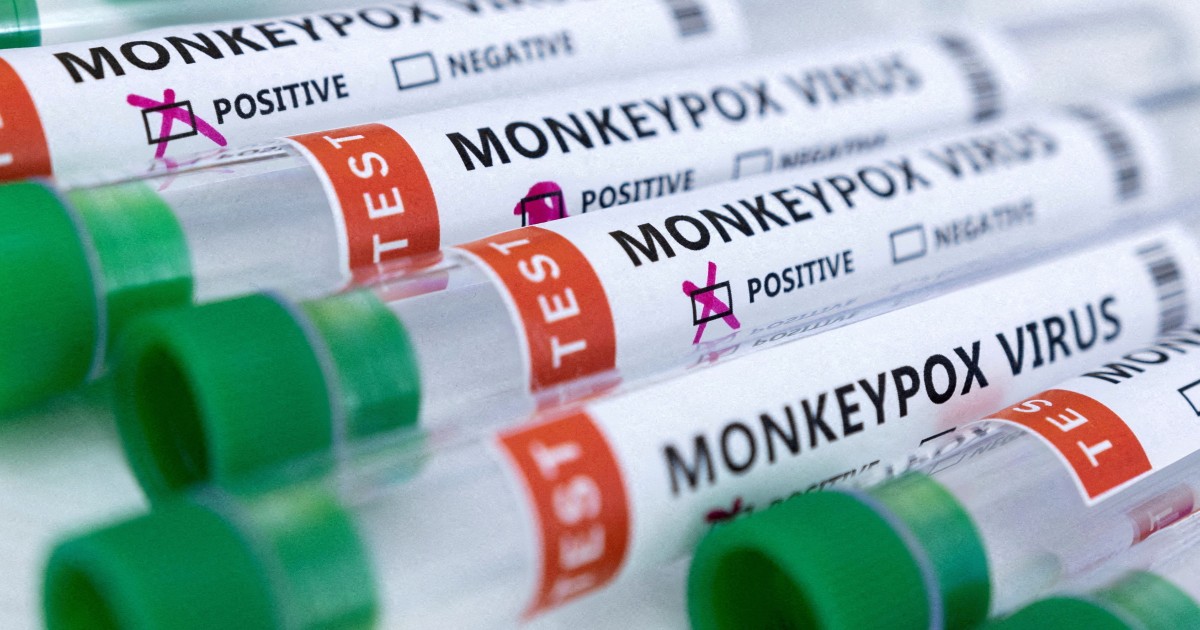By
The Associated Press
The World Health Organization (WHO) has changed the name of monkeypox to mpox, citing concerns that the original designation (
monkeypox
), which was decades old, may have a racist and discriminatory connotation.
The UN health agency said in a statement Monday that mpox will be the new name for monkeypox, saying the two names will be used over the next year while the other name is phased out.
The WHO said it was concerned about
"racist and stigmatizing language"
that emerged after monkeypox spread to more than 100 countries.
He noted that numerous people and countries asked him to change the name.
Tubes of positive and negative tests for monkeypox. DADO RUVIC / REUTERS
In August, the WHO began consulting experts on the disease's name change, shortly after the agency declared the spread of monkeypox a global emergency.
More than 80,000 cases in dozens of countries
To date, more than 80,000 cases of monkeypox have been identified in dozens of countries.
Until May, this disease, which is believed to originate in animals, was not known to trigger large outbreaks beyond western and central Africa.
[WHO and CDC warn of a possible global outbreak of measles]
Outside of Africa, almost all cases have occurred in gay, bisexual or other men who have sex with men.
Scientists believe monkeypox triggered outbreaks in Western countries after spreading through sex at two
raves
(electronic parties) in Belgium and Spain.
Vaccination efforts in rich countries, together with targeted control interventions, have brought the disease under control for the most part, after it peaked in the summer.
In Africa, the disease mainly affects people in contact with infected animals, such as rodents and squirrels.
Most of the monkeypox-related deaths have occurred on that continent, where there have been almost no vaccines available.
Concerns are renewed for a triple epidemic in the US between fall and winter
Nov 15, 202201:47
Health authorities in the United States have warned that it may be impossible to eliminate the disease in the United States, warning that it could be an ongoing threat, primarily to gay and bisexual men, for years to come.
The origin of the name
Monkeypox was first named as such in 1958
, when monkeys used in clinical trials in Denmark were found to have “smallpox-like” disease, although they are not believed to be the animal reservoir of the disease.
Although the WHO has named numerous new diseases soon after their appearance, such as Severe Acute Respiratory Syndrome (SARS) and COVID-19, this appears to be
the first time the agency has attempted to rename a disease
decades after its first naming.
Numerous other diseases, such as Japanese encephalitis, German measles, Marburg virus, and Middle East respiratory syndrome, have been named after geographic regions, which could now be considered controversial.
The WHO has not suggested changing any of those names.

